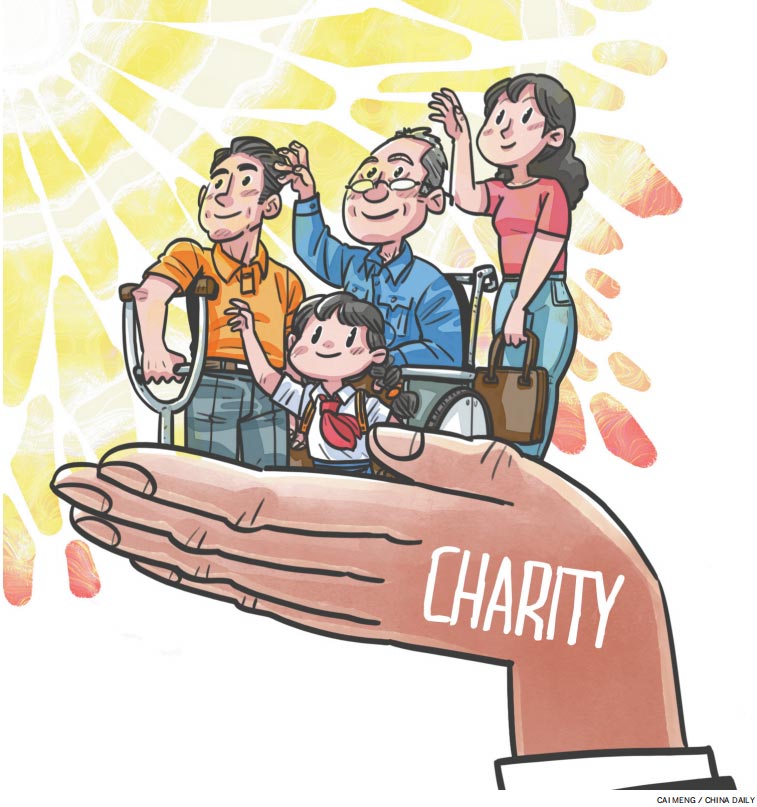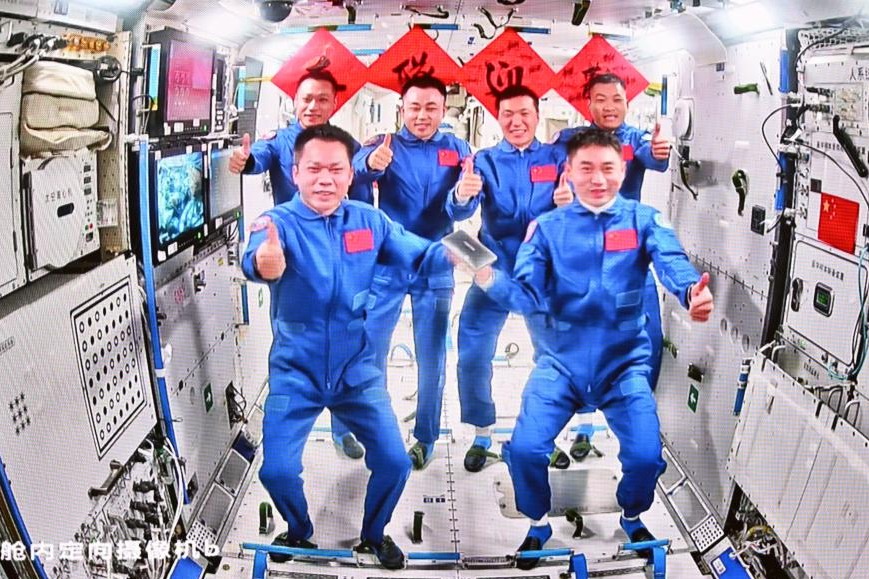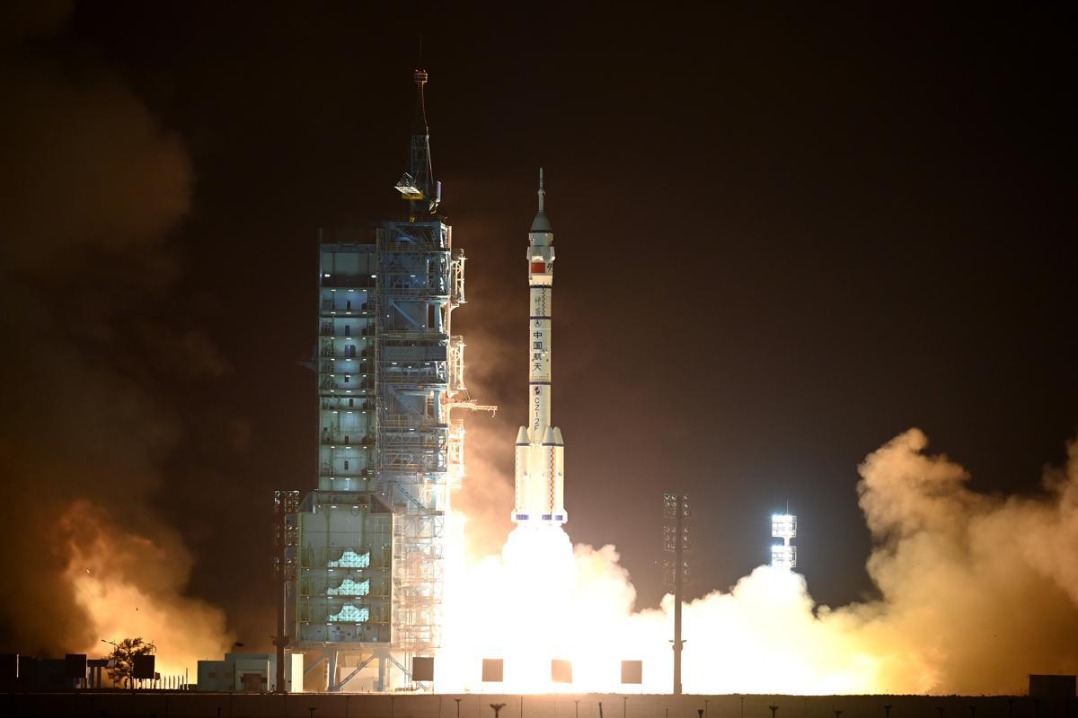New moves to spur giving among the wealthy
By Liu Yuanchun | China Daily | Updated: 2021-09-06 10:05

The idea of tertiary distribution involves high-income groups extending assistance to low-income groups through donations and charity. But the practice cannot be realized without incentives and a security system in place.
The idea of primary distribution refers to distribution in the market economy system based on the role of various factors in production, such as residents' income and income from capital investment. Primary distribution mainly embodies the principle of prioritizing efficiency, which means distribution is realized based on the effectiveness of productive factors. Among these, the relation between labor and capital is an important factor impacting the level of primary distribution.
The idea of redistribution refers to the way that government makes use of tax and fiscal revenue to carry out redistribution to various recipients. The level of redistribution is mainly realized and coordinated via social security, public services and other types of subsidies.
Tertiary distribution refers to a redistribution of social wealth and resources via donations and support, and is based on the principle of high-income groups voluntarily doing so. It complements primary distribution and redistribution, and is conducive to narrowing wealth gaps and rendering income distribution more effective.
The major feature for primary distribution is that it should be built on production systems and basic economic institutions, and it is decided by the function of the production system. Primary distribution mainly happens in the process of production which essentially reflects productivity. So whenever we talk about income disparity, the idea would be that measures should be rolled out to adjust the primary distribution system. For example, the situation could be that personal incomes make up a relatively small proportion while business and government revenues are comparatively high. This is because labor, as a production factor, is comparatively weak in the primary round of distribution while government and capital are stronger. And this requires us, in the process of production, to enhance protection of labor and help improve relative legislation.
Meanwhile, the redistribution process mainly relies on implementation from government, which will use tax revenues and fiscal expenditures to readjust income levels of people in different groups and social status. In other words, primary distribution is realized under basic institutions and a legal framework, while the redistribution process is realized by government using the "invisible hand" of the market.
Tertiary distribution is generated by high-income groups extending support to low-income groups through donations and charitable work. Two major systems are critical for this. One is the incentive system, including moral support in society, a fiscal system focused on estate and inheritance taxes, and tax exemptions for charitable donations. The other is a system securing these acts. For example, an effective legal system that has gained the public trust is necessary. There should also be some nonprofit organizations responsible for collecting donations as well as transferring and distributing money and goods.
Tertiary distribution is a very good way to boost common prosperity and it is also the direction of human civilization.
Utilizing portions of income from high-income groups to boost income increases for middle- and low-income groups is the most direct and effective way to bring about income redistribution. It will boost social harmony and encourage high-income groups to act in accordance with social welfare and harmony, forming a virtuous circle. On the other hand, it is a voluntary matter instead of a mandated issue, so the enthusiasm of high-income earners will not be hampered.
Regarding tertiary distribution, though enthusiasm for charity and donation activities in China has been on the rise, it is still not yet compatible with China's economic growth. The major reason behind this is that a basic incentive system and a system safeguarding these activities have not been fully implemented.
In terms of social incentives, the taxation system is key. And it will better encourage wealthy people to participate in charitable giving.
It's worth noting that now as tertiary distribution has again been highlighted, it can be anticipated that relative policy and incentive systems and legislation will be refined and improved. This incentive system will surely include tax system-related donations. Nowadays, many donations from businesses in China are exempted from corporate income taxes. There will be more and detailed policy regulation in this regard.
In light of China's current conditions, it has been a long time since high-income earners participated in charitable activities. There have been donations to education, healthcare and disaster-hit areas. China has also built up a legal system providing great support for these activities. Yet, there are still weak links to be addressed. For example, tax incentives in China still need improvement. In Western countries, in addition to progressive income taxes, they have property taxes, inheritance taxes and other collection arrangements.
Also, we need to improve public trust of the legal system. Nonprofit organizations and foundations also need to strengthen their work innovation.
The writer is vice-president of the Beijing-based Renmin University of China.
The views don't necessarily reflect those of China Daily.
























